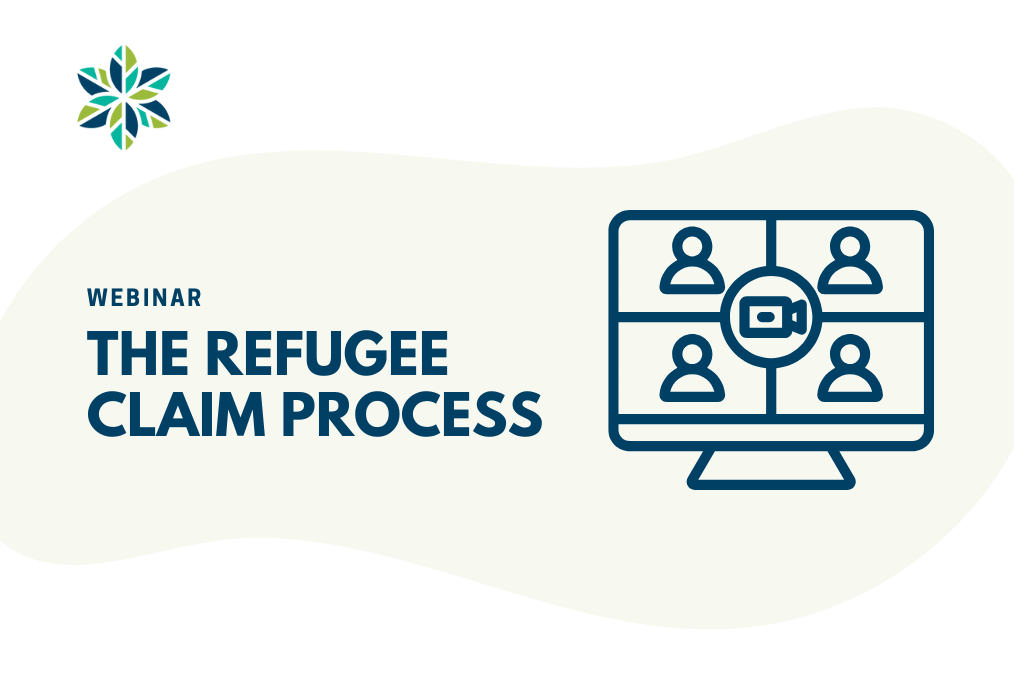Media and Government Framing of Asylum Seekers and Migrant Workers in Canada During the COVID-19 Pandemic
- Home
- What’s New
- Resource Centre Refugee Category Government Assisted Refugees
- Media and Government Framing of Asylum Seekers and Migrant Workers in Canada During the COVID-19 Pandemic
Media and Government Framing of Asylum Seekers and Migrant Workers in Canada During the COVID-19 Pandemic

One understudied area of adult education and lifelong learning is the role of media as educator and policy player. An article written by Michelle Stack and Amea Wilbur describes how the authors used critical discourse analysis to examine how asylum seekers, migrant workers and their advocates have challenged long-standing discursive framings of them as benefactors of Canadian generosity, criminals, burdens or victims – during the first ten months of the COVID-19 pandemic. The analysis points to the difficulties of navigating media engagement to advocate for individuals facing deportation from Canada, while also attempting to challenge the dichotomy of people seen either as worthy of dignity (those who work for low pay and in dangerous conditions to care for Canadians) or as unworthy (those who work on farms or who are not able to work). However, it also reveals the potential for critical lifelong media education to inform the work of adult educators across classroom, labour and social movement contexts to disrupt exclusionary and oppressive media and government narratives.
Read the article here.






